All about the colour TV Yellow
TV Yellow, an intriguing name for a Gibson colour
In 1954 Gibson launched the Les Paul Junior as an affordable student version of the Gold Top model.
Initially available in sunburst, it was soon launched in a peculiar colour called TV Yellow. This finish has a slightly pale yellowish tone and is semi-translucent, so that some of the wood grain shows through.
In 1955, the TV Yellow also appeared on the then-new Les Paul Special model. In 1960 both models changed to the SG body shape and Gibson discontinued the TV Yellow altogether.
There is still a lot of speculation as to why Gibson chose this name for its finish. Some claim that it was chosen specifically to look good on black and white televisions. Or that it was created because ordinary yellow and white did not look good on the (then new) early colour televisions. These theories, though oft-cited, seem far-fetched. It wouldn’t make much sense for Gibson to develop a colour intended for professional musicians performing live on television and then use it for cheaper entry-level models. Therefore, it seems obvious at the time that Gibson would have preferred artists to play their more luxurious Gold Top and Custom models on television.
However, there is another theory that seems more credible. Firstly, the TVs of the early 1950s had wooden cabinets finished in the then fashionable colours, such as “whitewashed mahogany”. This paint was readily available, as it was in widespread use, an advantage for Gibson who planned to mass-produce a basic guitar. The name TV Yellow would be attractive and familiar to the general public in the USA.
Whatever the reason Gibson called it TV Yellow, this finish certainly looks great on these 1950s Gibson models. Still, it can be expensive to reproduce accurately and the final tone will depend on a number of factors. A lighter pale yellow colour on a darker mahogany body needs an undercoat, but the wood grain should remain slightly visible.
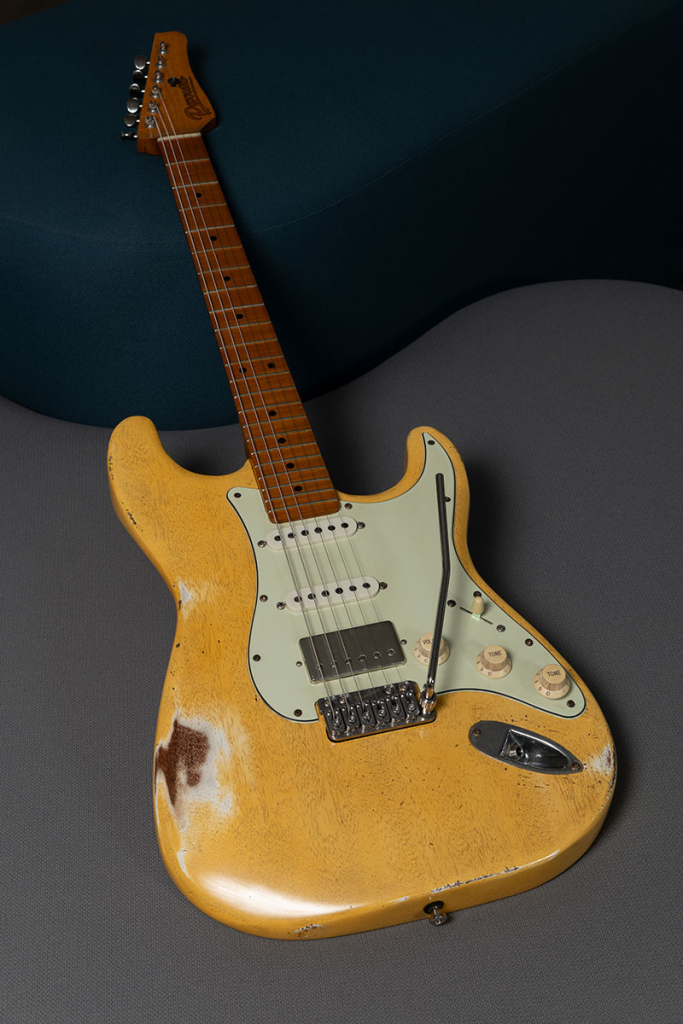
How to do it?
- Sanding: It’s recommended to carefully sand the guitar surface to remove any imperfections and prepare it for the painting process.
- White primer: Apply a white base coat with a white primer. Use masking tape to protect areas you don’t want to paint.
- Pore filling: Apply a Rosewood Grain Filler to highlight the wood grain. Use a cloth or spatula to apply and wipe off excess filler.
- Sanding: In this phase, you should obtain a level surface before applying the colour.
- Colour coat: Apply the TV Yellow colour. The intensity of the colour will vary depending on the number of coats applied.
- Topcoat: Apply several coats of clear finish to protect the colour and provide a glossy finish. It’s recommended to apply enough coats to allow for sanding and polishing without affecting the colour.
- Sanding and polishing: After the lacquer has dried and hardened, the entire surface should be polished to obtain the smoothest and most brilliant surface possible.
Frequently asked questions:
How many sprays do I need to varnish a guitar?
– If the surface is well covered and it’s not your first painting project, you can do it with one spray, although you won’t apply many coats. However, if you are not an expert, we recommend using 2 sprays for an optimal finish.
What temperature should the guitar be at during and after the process?
– It is recommended to do this in a place where the temperature is between 15 and 25 degrees Celsius. If the painting or varnishing process is done in very hot or cold conditions, the final result may not be good.
Where should I carry out the process?
A clean place will be essential to prevent dirt or dust particles from adhering to the surface.
Is it mandatory to sand between coats?
It is not always necessary, but it is recommended to eliminate imperfections that remain in the paint at the end of each coat, as well as any particles that may adhere.


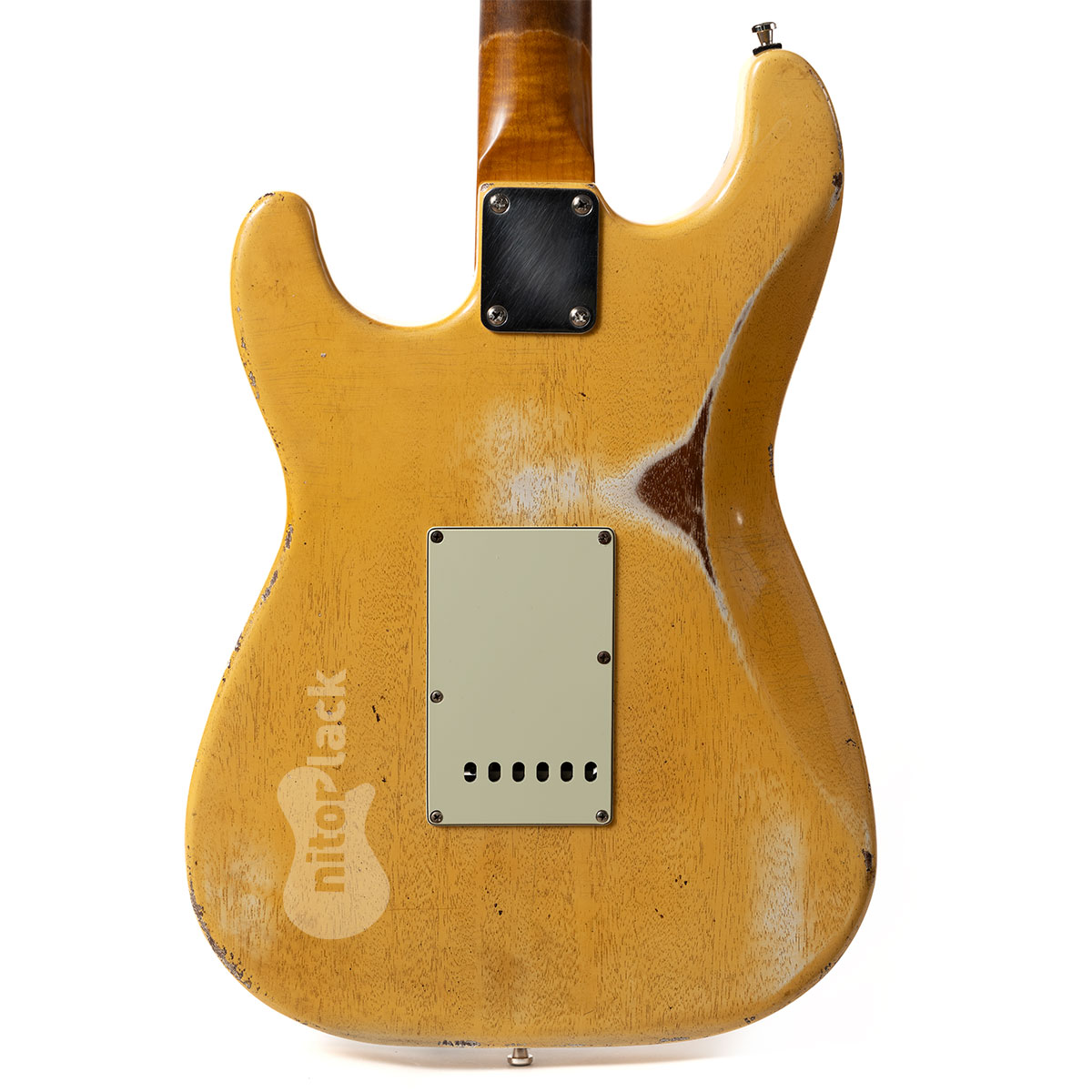
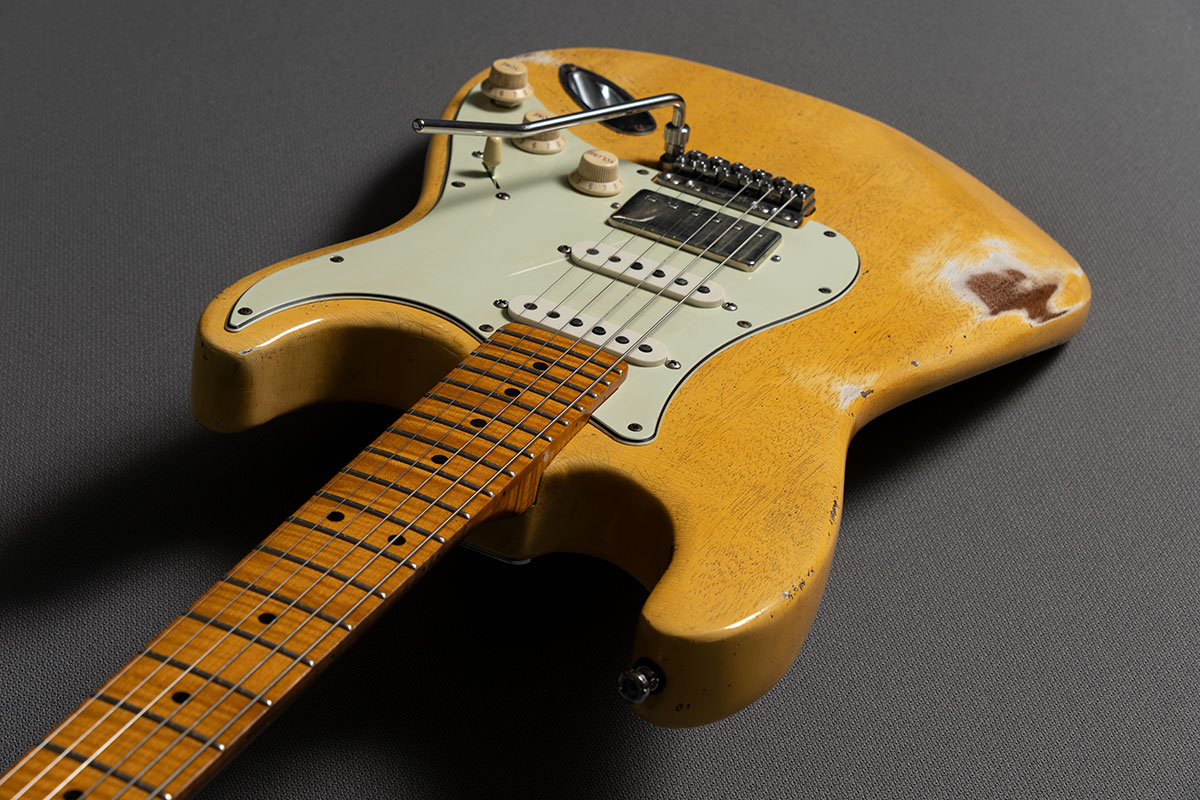
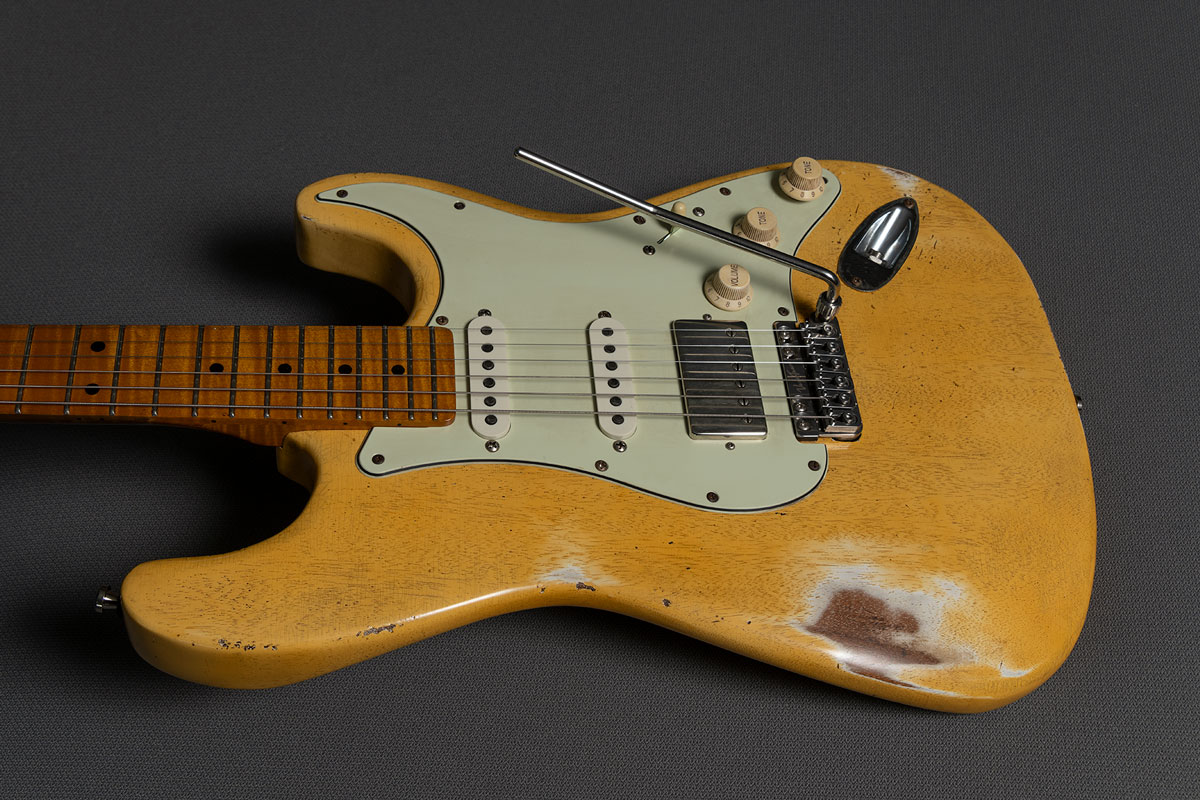
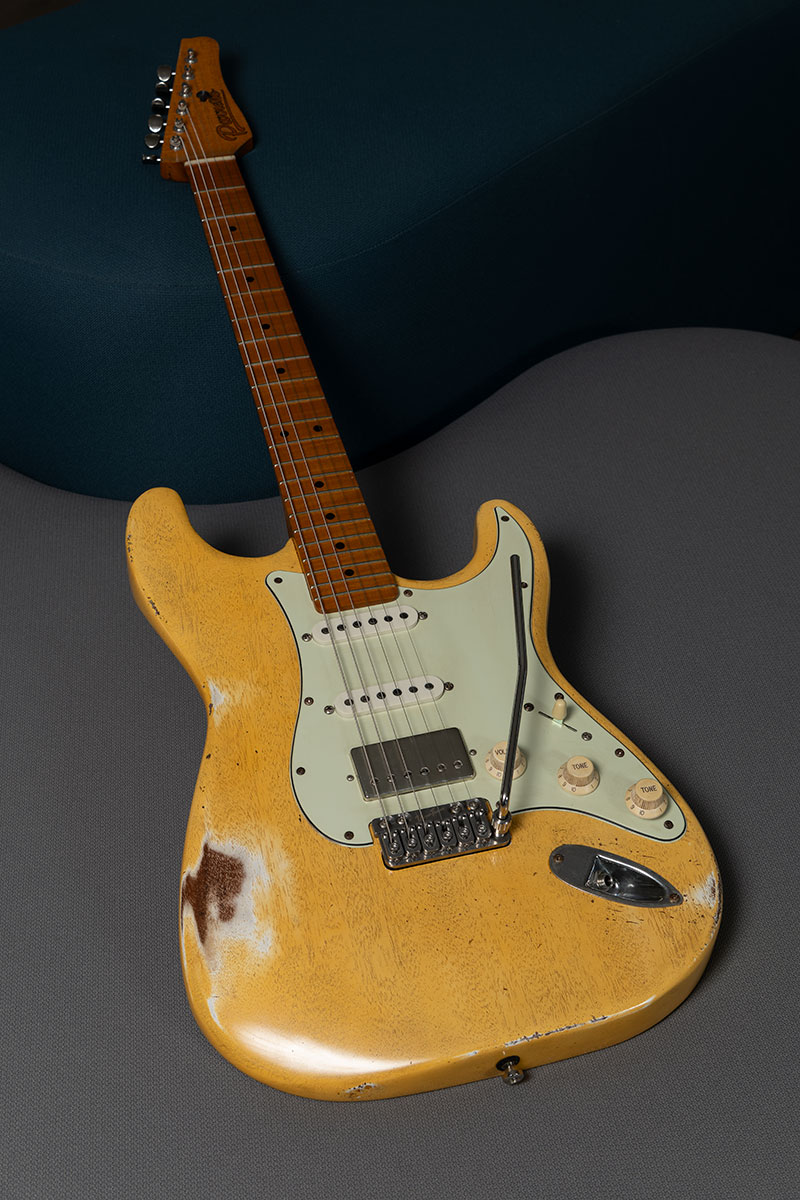

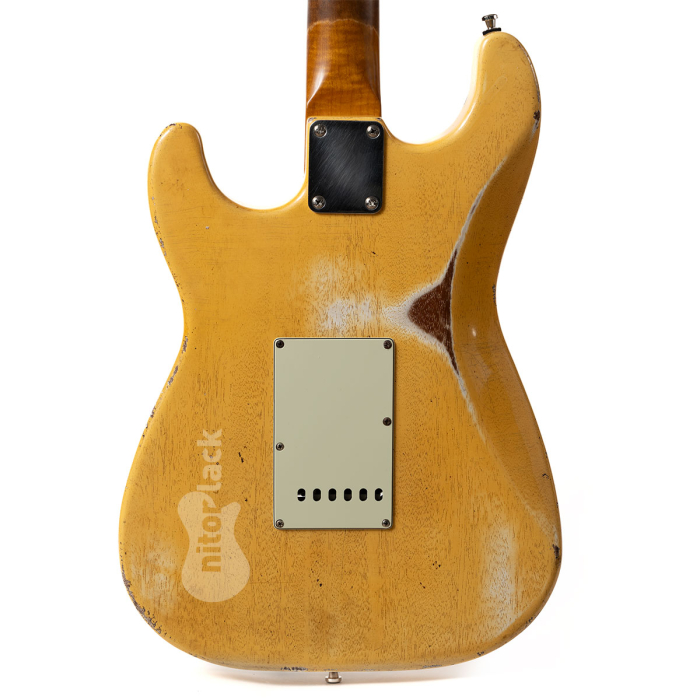
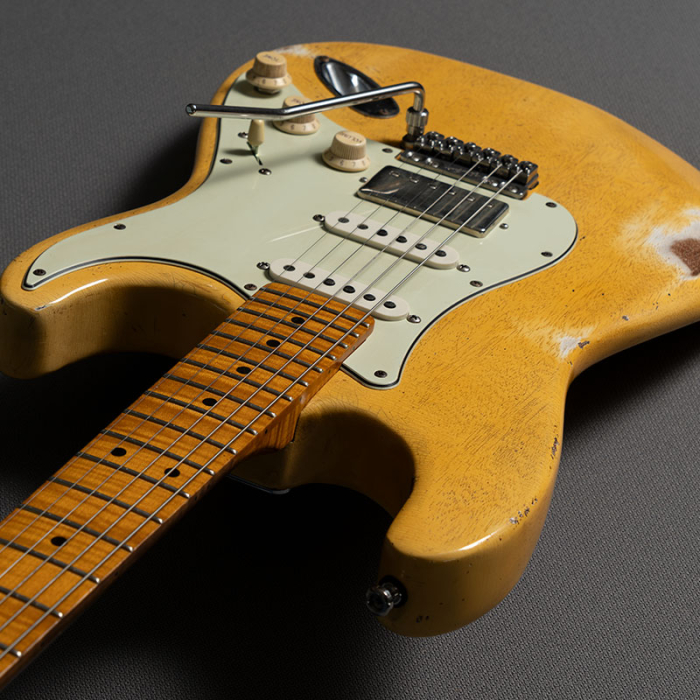
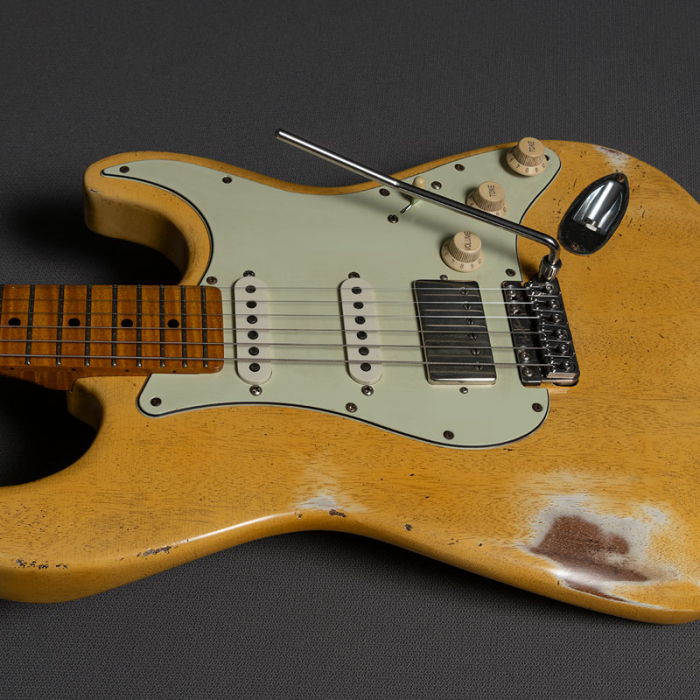
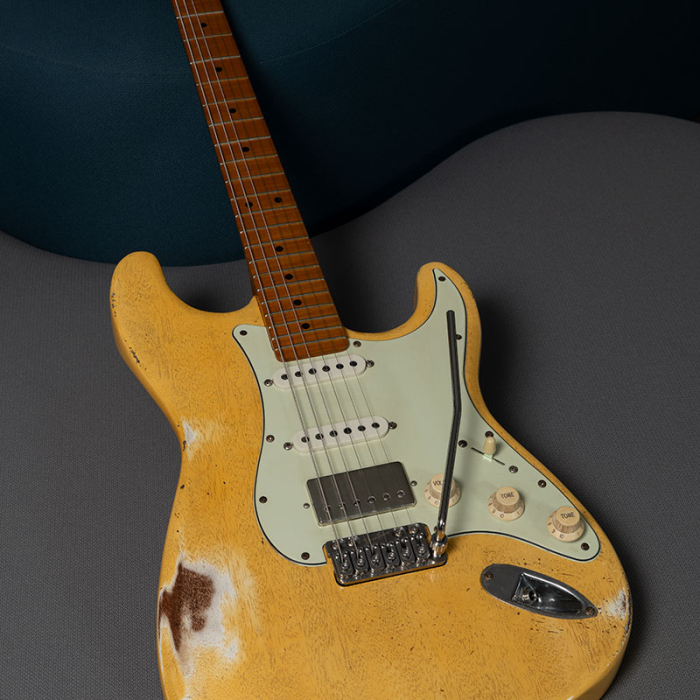
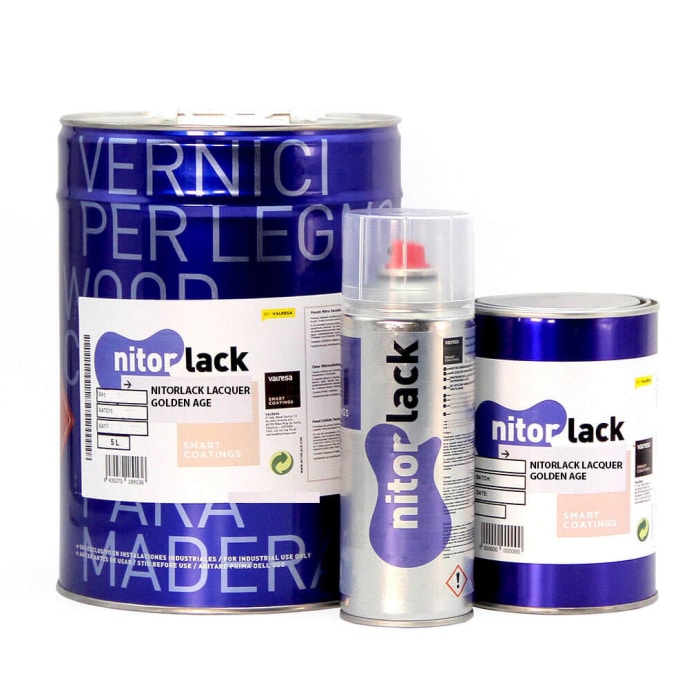
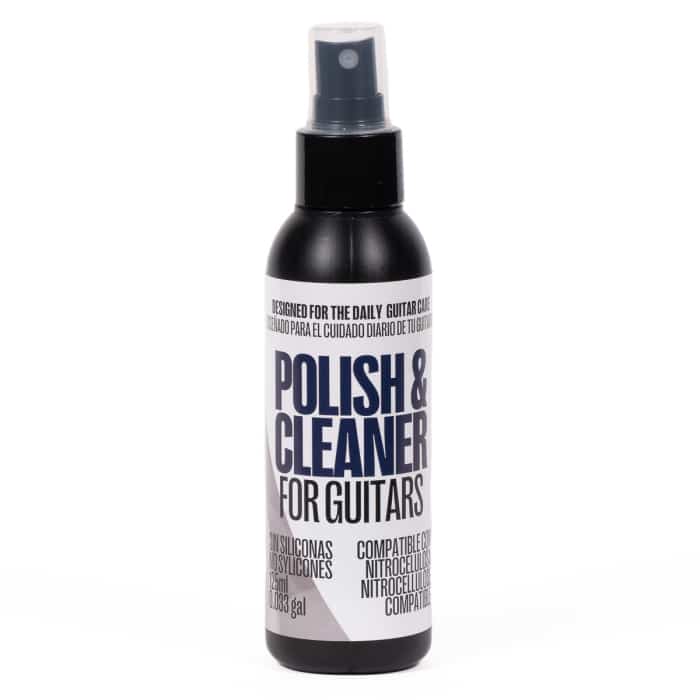
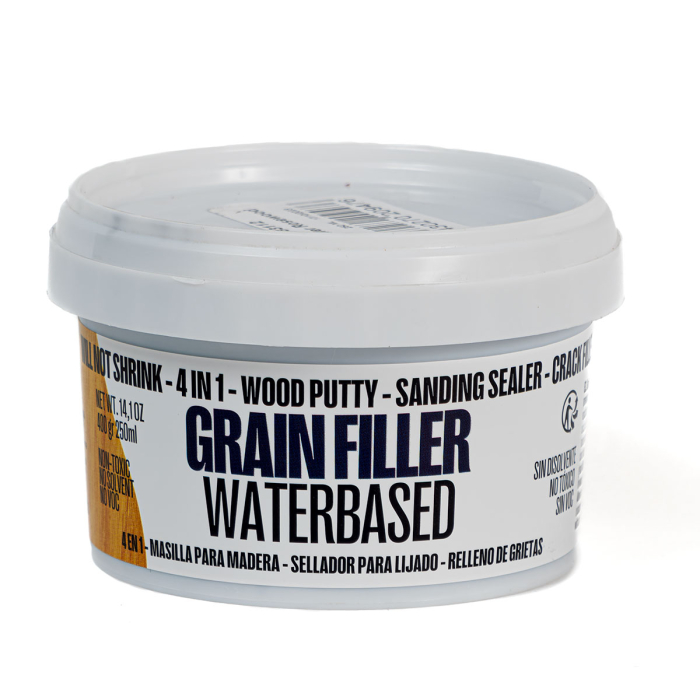
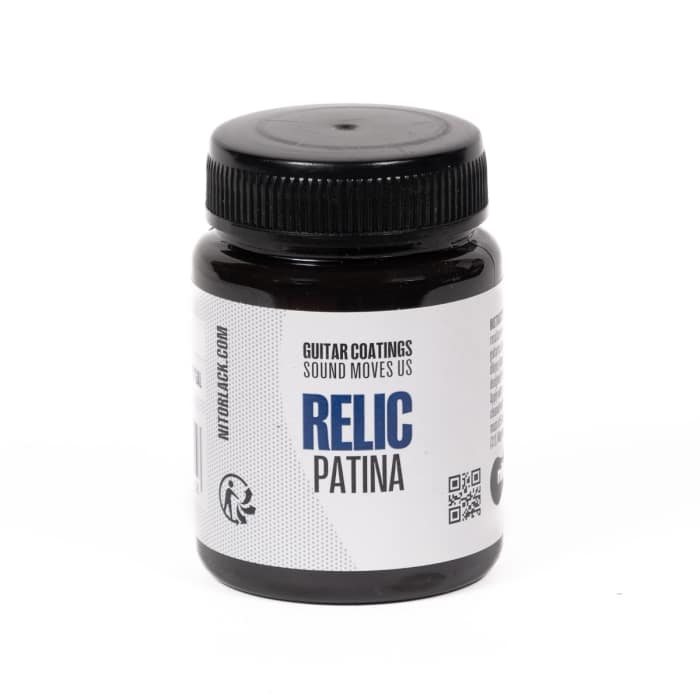
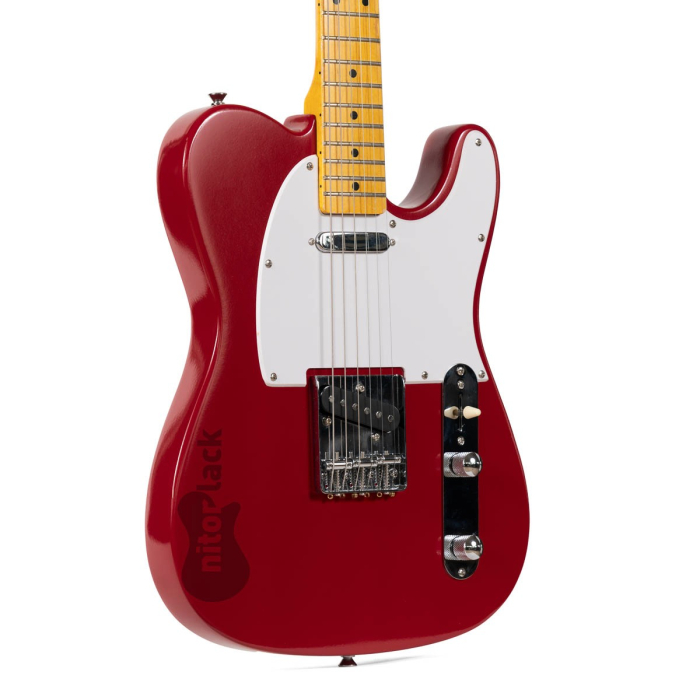
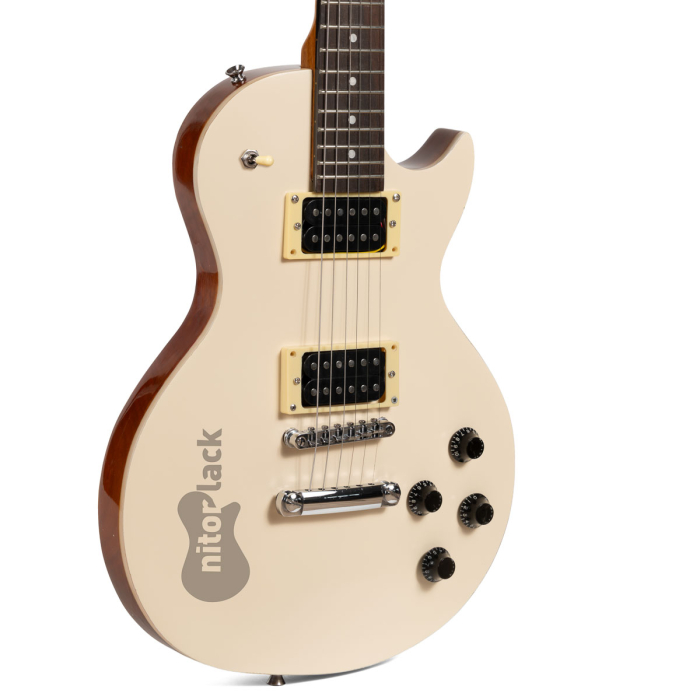
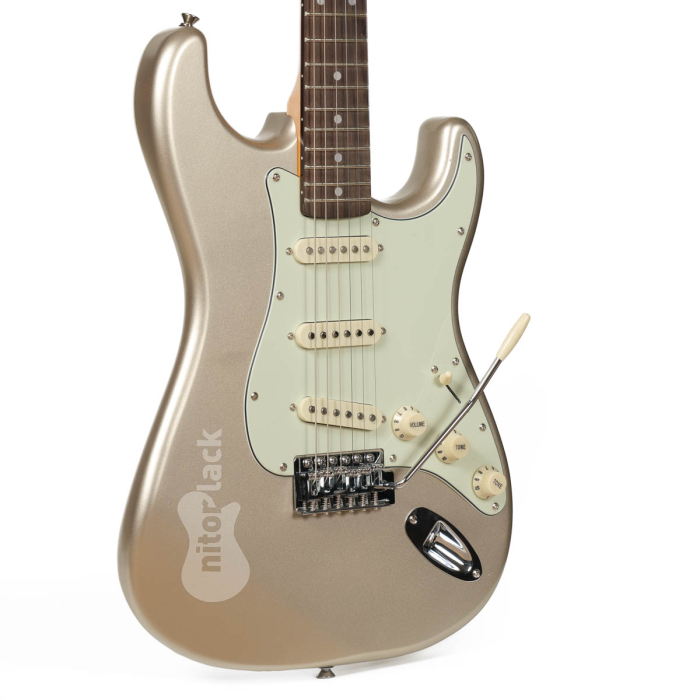
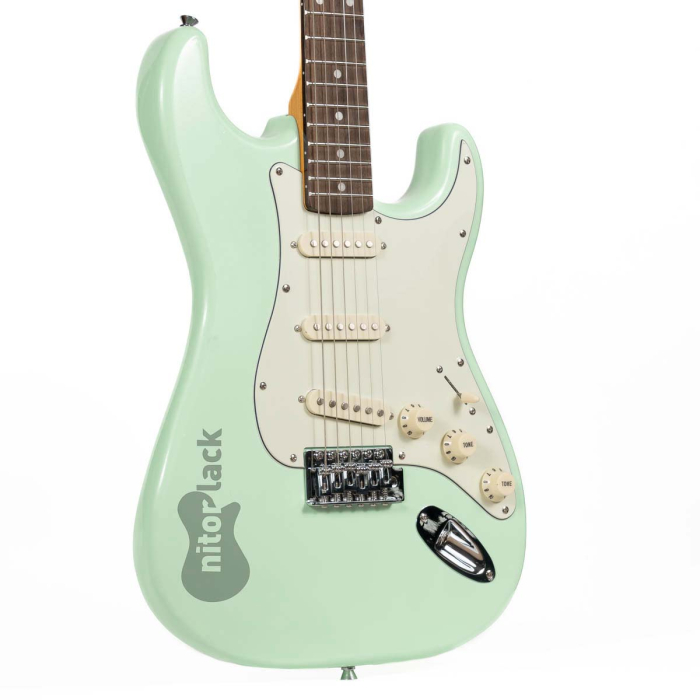
Wilhelm Kirchsteiger (verified owner) –
kai seppälä (verified owner) –
Ludo H. (verified owner) –
Anónimo (verified owner) –
Fabio (verified owner) –
I was looking for this color i don’t know for how long… and finally found it at YOUR place… striking beautiful to say the least
Mark L. (verified owner) –